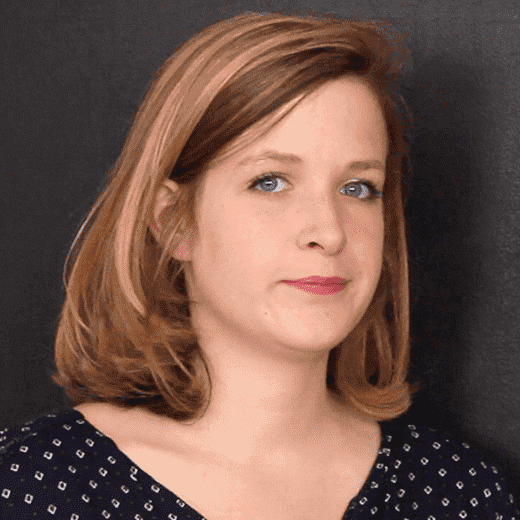L'énoncé
Pour chaque phrase, trouver la ou les suites possibles au prétérit. Attention à l'orthographe !
Tu as obtenu le score de
Question 1
When I was a child, I…
want to become a knight.
wantted to become a knight.
Non, il n'y a aucune raison de doubler la dernière consonne de verbe "to want".
wanted to become a knight.
"To want" est un verbe régulier.
Question 2
Last night I…
tidied my room.
tidy my room.
Non, ici on a gardé la forme de l'infinitif. Il faut mettre la forme du Preterit.
tidyed my room.
Non, "to tidy" se termine par un "y" qu'il faut remplacer par un "i".
Attention, le verbe "to tidy" se termine avec un "y".
Question 3
Once upon a time, there was a princess who loved playing soccer, she…
came out of the castle, met with an influent coach and won the famous Big Cup.
comed out of the castle, meeted with an influent coach and winned the famous Big Cup.
Non, les verbes "to come", "to meet" et "to win" sont irréguliers.
comes out of the castle, meets with an influent coach and wins the famous Big Cup.
Non, il faut mettre tous les verbes au Preterit.
Attention, les verbes "to come", "to meet" et "to win" sont irréguliers.
Question 4
Yesterday, I saw a little boy who…
hopped on the path, all his way back home.
hoped on the path, all his way back home.
Non, le verbe "to hop" est un verbe court avec enchaînement : consonne + voyelle + consonne, il faut donc doubler sa consonne finale "p".
hop on the path, all his way back home.
Non, le verbe "to hop" n'a pas du tout été conjugué ici.
Le verbe est "to hop", il s'agit d'un verbe court avec enchaînement : consonne + voyelle + consonne.
Question 5
Last month, I…
started a new job but I quit two days after.
startted a new job but I quit two days after.
Non, pas besoin de doubler la consonne finale ici.
stoort a new job but I quit two days after.
Non, "stoort" n'existe pas.
"To start" est un verbe régulier.

Non, il faut mettre le verbe "to want" au Preterit.